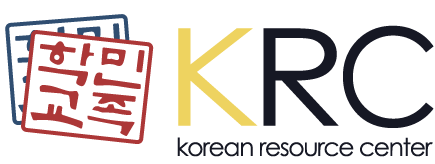 Korean Resource Center and friends cordially invite you to…
Korean Resource Center and friends cordially invite you to…
“Late Kim Gu • May 18th 1980 • Communities in the U.S.”
A community forum to commemorate the 29th anniversary of the 5.18 People’s Uprising in South Korea and the 60th anniversary of the late Kim Gu. Surrounded by friends, family and allies, KRC hopes to find strength and inspiration by looking back into history and then projecting forward the spirit of justice and civic participation by community organizations across the U.S.
Featured speakers include:
- Ho Kie Eun, Korean American Journalist
- Eun Sook Lee, National Korean American Service & Education Consortium
- Marqueece Harris-Dawson, Community Coalition
Date: Saturday, May 16th, 2009
Time: 5 – 6:30 pm
Location: KRC (900 S. Crenshaw Blvd. LA, CA 90019)
RSVP: Online or Facebook
Dinner will be provided.
Some portions are presented in English and some are presented in Korean, with interpretation for both languages.
Background Information
May 18 People’s Uprising: - is the political moment that sparked the movement for democracy in Korea and human rights in Asia since 1983. KRC’s founder, late Han Bong Yoon, escaped from South Korea after the Uprising and came to the U.S as a political asylum and laid the seeds for a grassroots Korean American progressive movement.
Kim Gu (August 29, 1876 – June 26, 1949), was a nationalist proponent and activist for a self-sufficient independence and unification movement. He led the Donghak independence movement before moving to Manchuria, seeking refuge from the Japanese Army. He then joined the Liberation Army and after the March 1st movement, he participated in the Korean provisional government in Shanghai. He was elected as the president of the provisional government in 1944. After the liberation of Korea, he opposed the separate government proposal of South Korea and North Korea, arguing for a unified Korea, but was assassinated by Ahn Doo-hee in 1949. His essay “The County I Want…” still resonates today and symbolizes the peace and justice-loving minds and individuals who see a more communal society.
